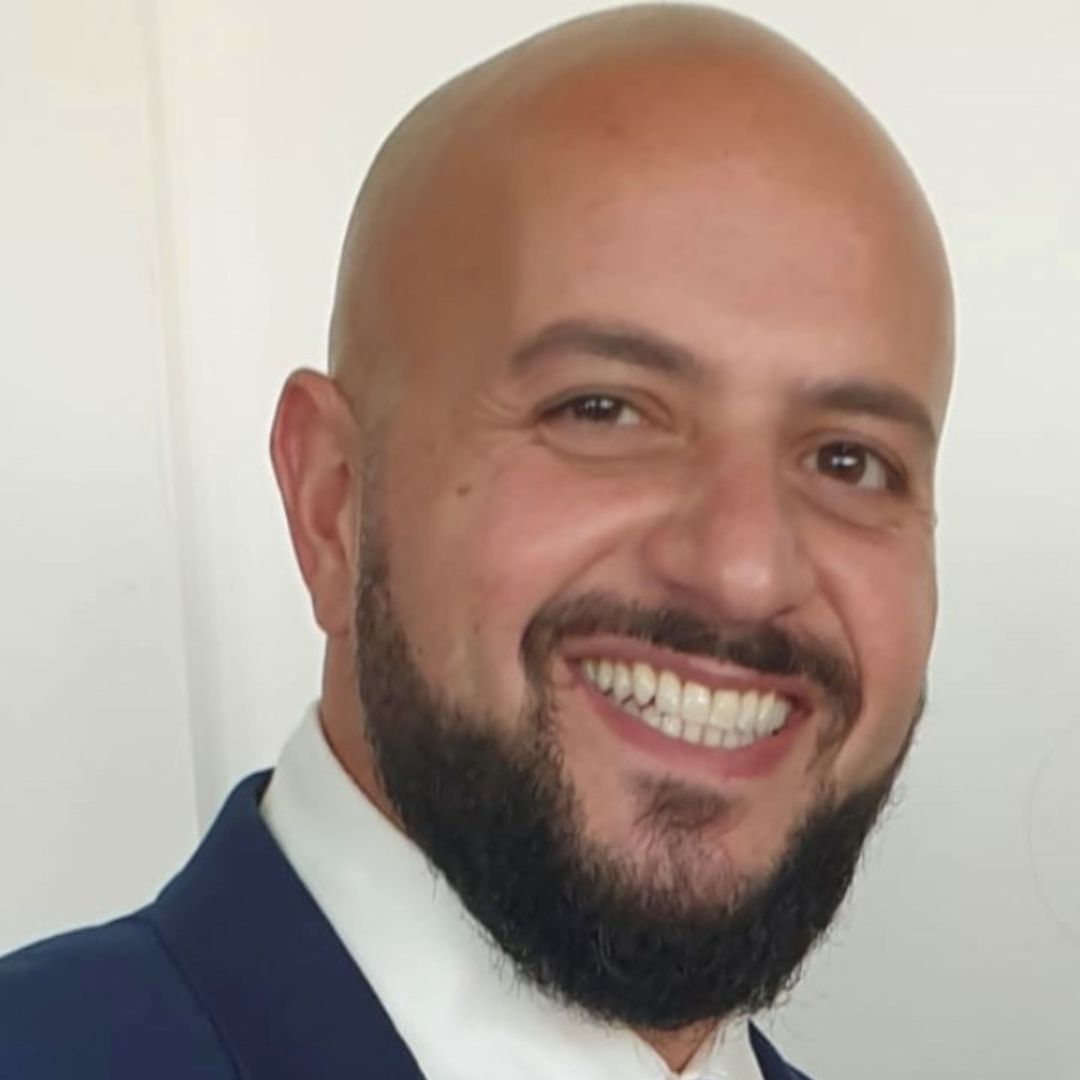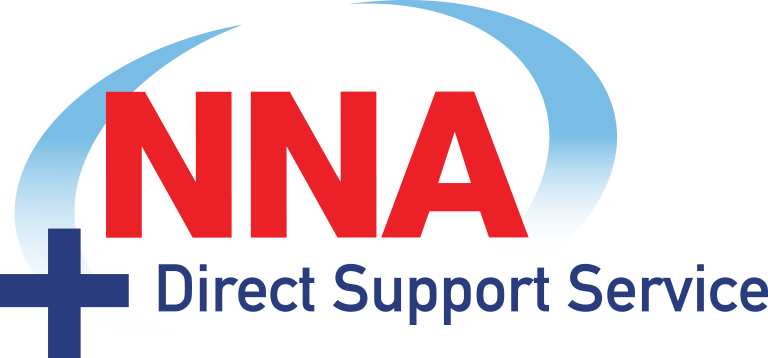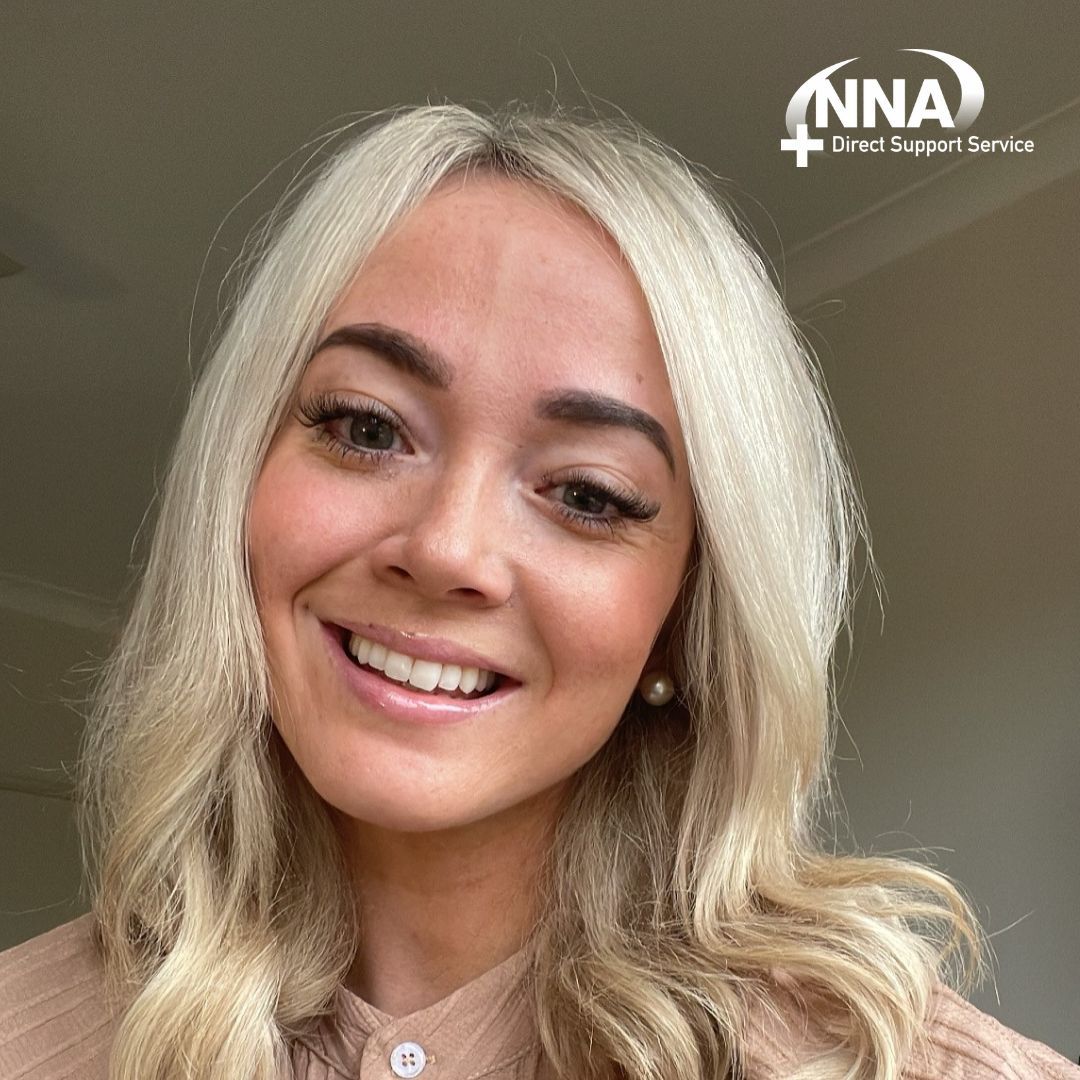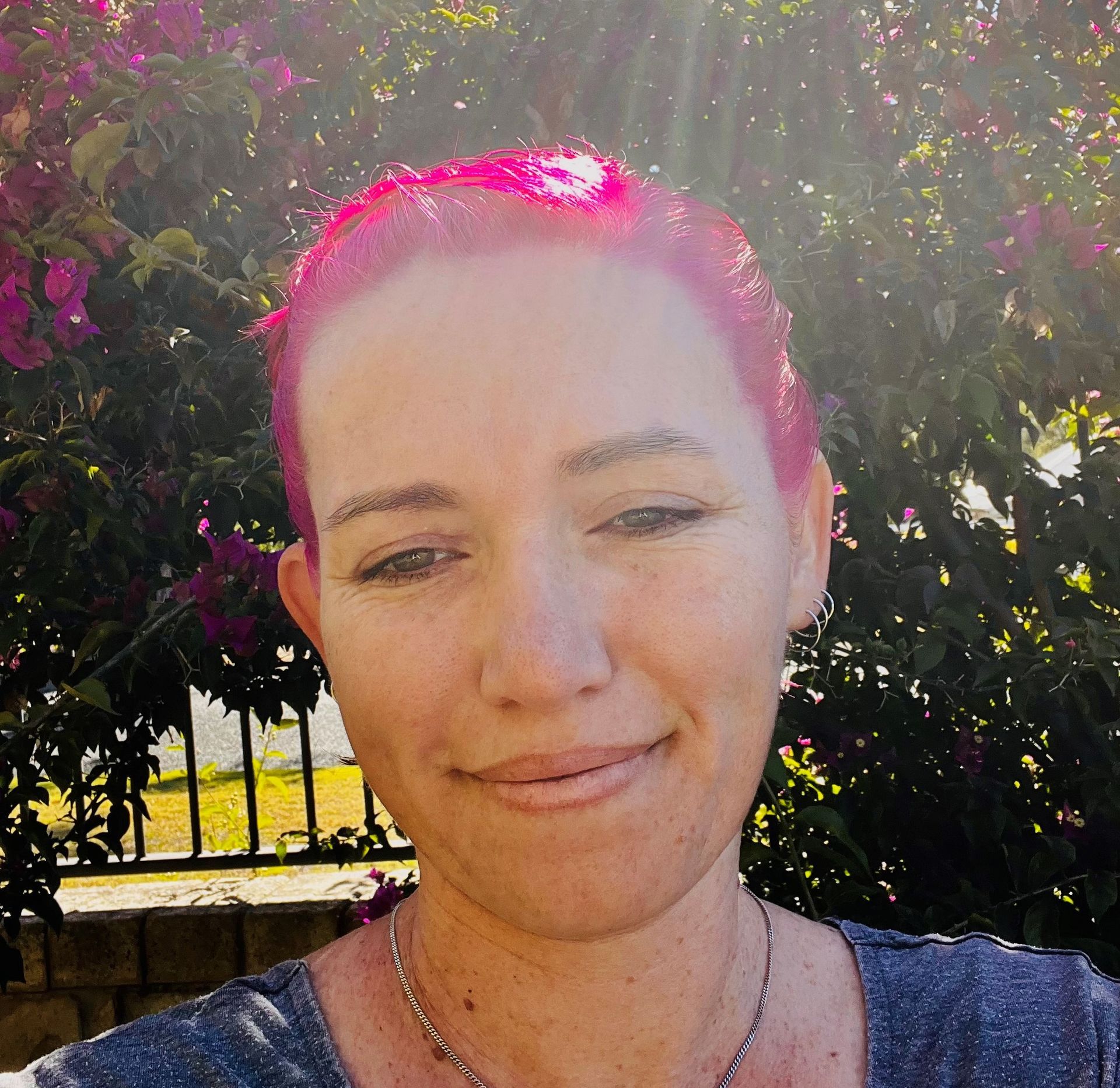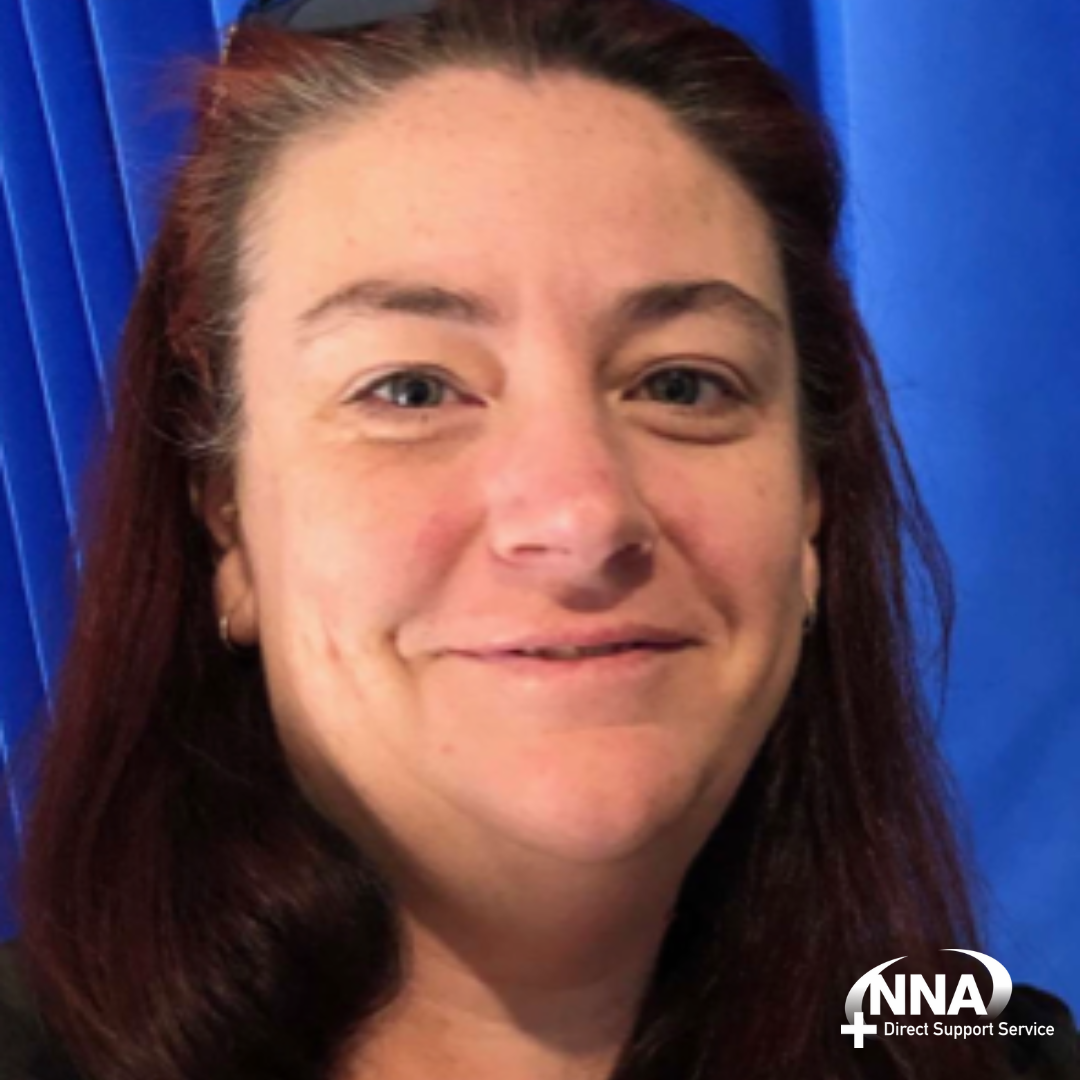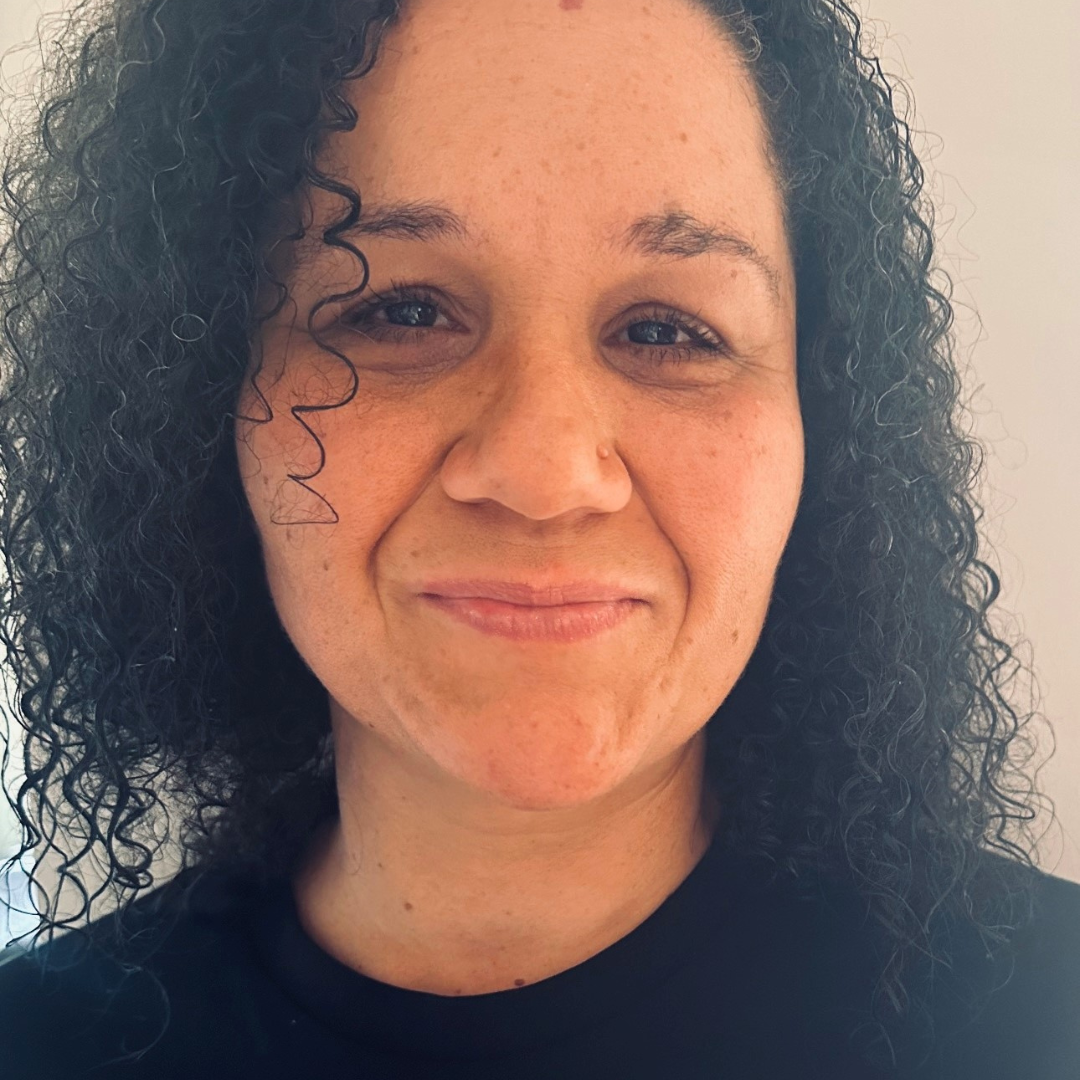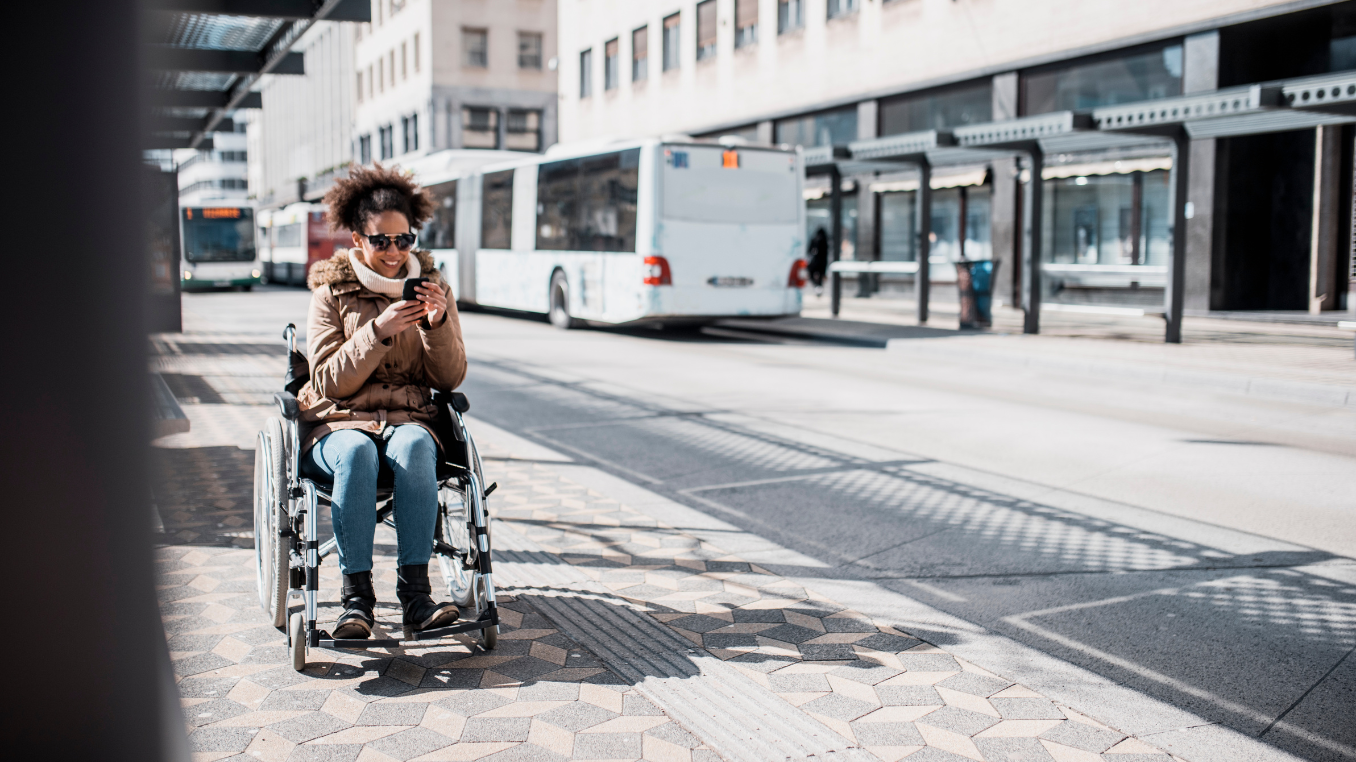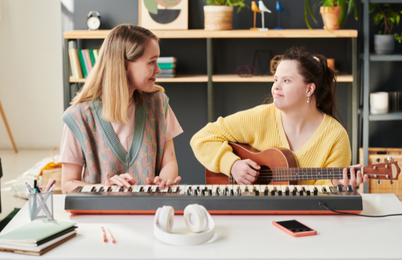Not all disabilities can be seen - Spreading awareness on invisible disabilities
“Empathy is simply listening, holding space, withholding judgment, emotionally connecting, and communicating that incredibly healing message of you’re not alone.” Brene Brown
What comes to mind when you think of a disability? Maybe someone in a wheelchair? Maybe you think of a person with visual impairments, accompanied by a guide dog or cane. These are physical cues we’ve been taught to recognise as disabilities. But what you may not see, and what so many fail to see, are the range of ‘invisible disabilities’ or ‘hidden disabilities’ which may not have an obvious physical cue, if any, and may change over time or is not permanent.
In Australia, 5 million people live with an invisible disability.
The Australian Government Public Service Commission (APS) has a thought-provoking definition of a disability, which should open your eyes to what a disability is. APS says, a "disability is a limitation, restriction or impairment, which has lasted, or is likely to last, for at least six months and restricts everyday activities." This implies that disabilities come in many forms.
An invisible disability may be psychosocial, such as depression, anxiety or post-traumatic stress disorder. Conditions such as epilepsy, diabetes, multiple sclerosis or rheumatoid arthritis are all invisible disabilities. The disability could be related to a chronic health condition such as diabetes, Lyme disease or chronic fatigue syndrome. These are just a few of the many types of invisible disabilities, and it’s likely you know someone or even have personal experience with at least one type.
Just shy of half of the people surveyed with an invisible disability are under 50 years old. In real-life terms, many people are living with an invisible disability; the Mum at the school drop-off, the friendly barista at your local cafe, the nurse who administered your covid-19 vaccine or the young fur Dad with the cute Kelpie at the dog park - invisible disabilities have no age limit, they are everywhere.
The most inclusive action we can take for our communities is doing better at an individual level to support one another and be guided by empathy instead of judgement. It’s vital that we change the way we think about disabilities. Marni Walkerdon, who started the ‘#thinkoutsidethechair’ movement, experienced bias and judgement at first-hand when she began using a mobility parking permit to park in designated accessible parking. This movement aims to educate people that not all disabilities are visible, or indeed permanent. Making assumptions about what a disability is and is not has harmful ramifications for the person living with a disability. #thinkoutsidethechair is busting discrimination by challenging and expanding the perception of what is a disability.
Join and support the #thinkoutsidethechair movement here.
Need NDIS nursing support at home or know someone who does?
Connect with us to learn how NNA Direct Support Service can work with you.
